Department of Medicine
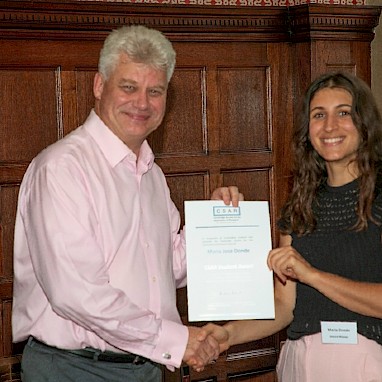
Maria is originally from Mexico and moved to the UK to study biology at Imperial College London. After her undergraduate, she started a 1+3 PhD program focused on Infection, Immunity, and Inflammation and as part of her PhD, she rotated through four different labs in Cambridge. In her rotation in the Taylor lab (CITIID), where she stayed for her PhD, she became passionate about synthetic biology and about research with applications in disease treatment. She was involved in characterising the first generation of synthetic nucleic acid enzymes (XNAzymes) and is now exploring ways to further improve their bio-stability and specificity using novel test-tube evolution methods and new synthetic nucleic acids.
Beyond genetic information storage, nucleic acids can function as catalysts. However, natural nucleic acids suffer from issues such as poor bio-stability, limiting their clinical applications. To address these shortcomings, we evolve artificial enzymes using synthetic nucleic acids (XNAs). As proof-of-concept, we engineered XNAzymes targeting disease-associated RNA (e.g. viral, oncogenic), allowing selective cutting of mutant but not ‘normal’ mRNA inside cells (doi:10.1038/s41557-022-01021) and individual RNAs among highly similar sequences (doi:10.1038/s42003-022-03987-5). We also targeted the SARS-CoV-2 genome, consequently inhibiting infection (doi:10.1038/s41467-022-34339-w). These findings highlight the great potential of XNAzymes for precision medicine, for example as a platform for rapid synthesis of antivirals.
Other 2023 award winners
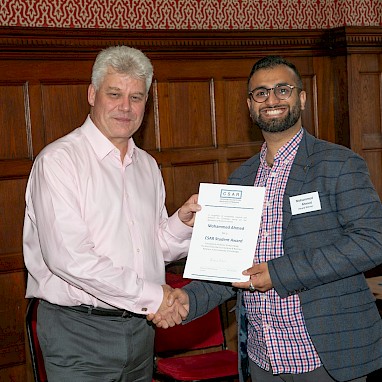
Mohammed Ibraheem Ahmed
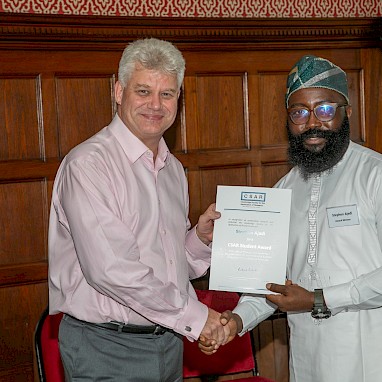
Stephen Ajadi
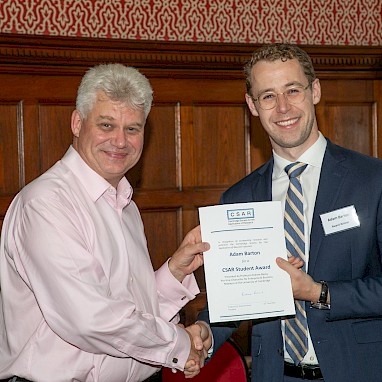
Adam Barton
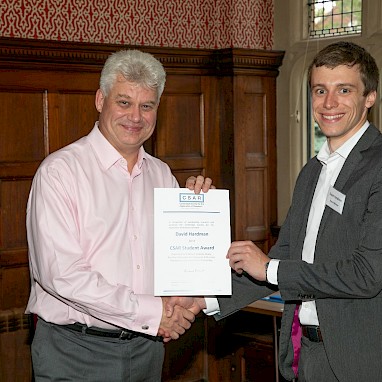
David Hardman
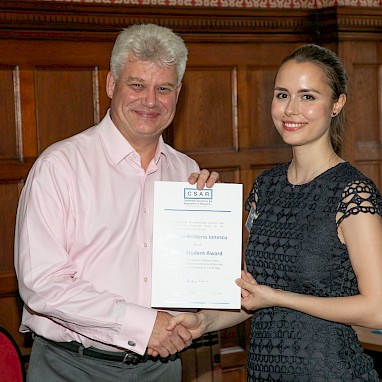
Rosana-Bristena Ionescu
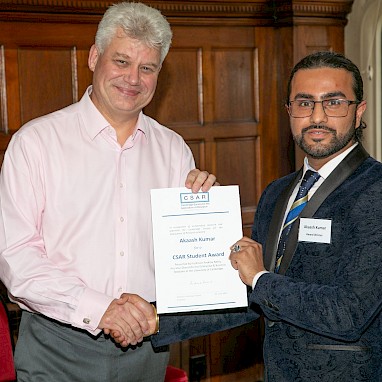
Akaash Kumar
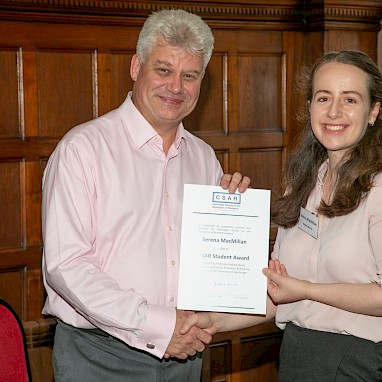
Serena MacMillan
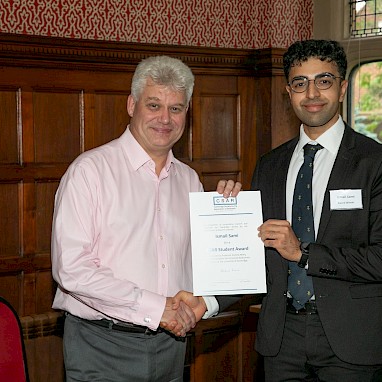
Ismail Sami
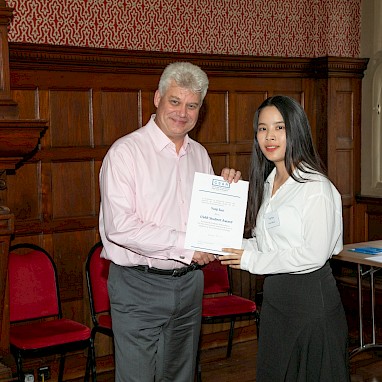
Yuqi Sun
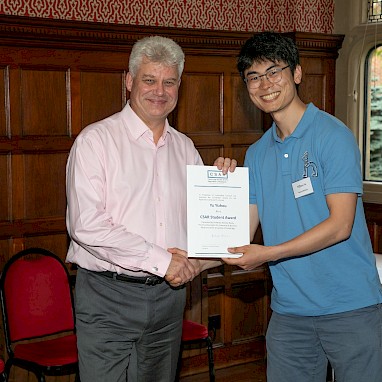
Yizhou Yu
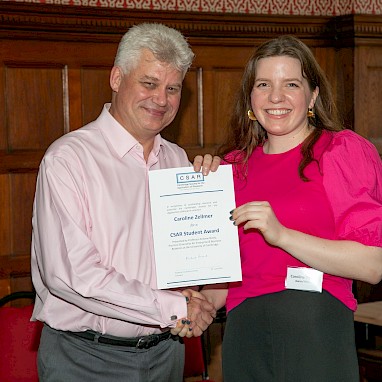
Caroline Zellmer